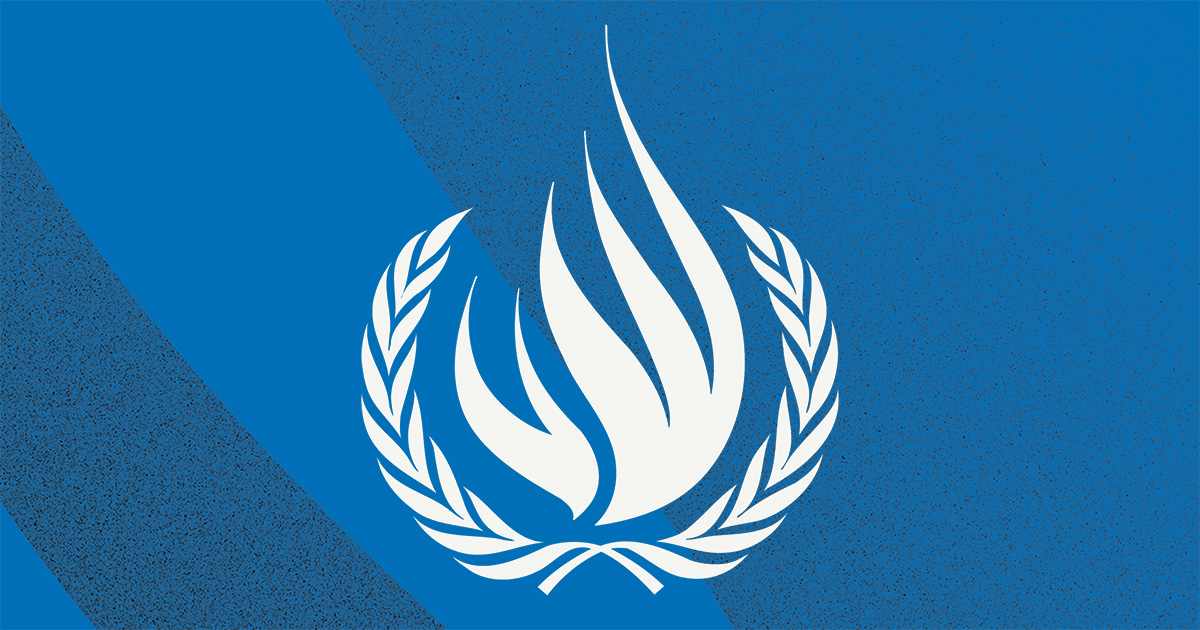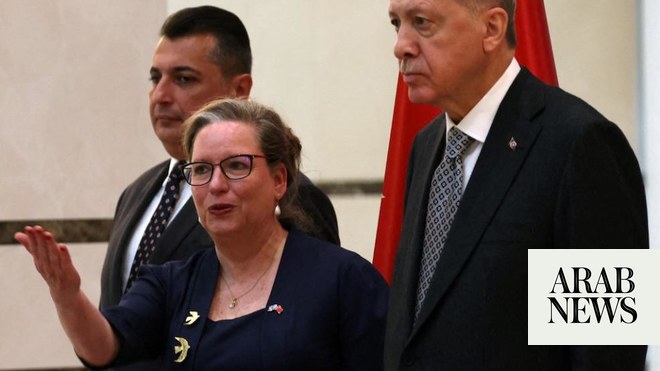
Five elections in less than four years is a rather unenviable record that the Israeli political system seems intent on holding and possibly even improving. Since 1996, with its national elections on average taking place every 2.4 years, Israel is the democracy with most elections conducted, while the period elapsing between them is becoming increasingly short.
One should not see this as a sign of a vibrant democratic system that feels the need to adjust and adapt to the fast-changing circumstances of the 21st century. On the contrary, it is simply the manifestation of a fragmented society translated into inconclusive election results that persistently lead to a paralyzed system of governance, with no end to the deadlock in sight.
Last month’s dissolution of the Knesset and resultant announcement of a general election in November did not take place with any sense of conviction that it will produce a conclusive outcome that might allow the formation of a stable government. Instead, we can expect the exact opposite, with months of speculation and horse-trading before the electorate issues its predictably inconclusive verdict at the ballot box.
From what we have learned from the last four elections, and from the early opinion polls for the forthcoming one, we can deduce that there are some rigid voting patterns that ignore changing circumstances or voters’ interests. Of the 120 Knesset seats that are up for grabs, only a few will be decided by voters who will have been persuaded to change the way they cast their ballot in previous elections. In the special circumstances of Israel’s political system, it is not only a case of switching between parties, but more importantly switching between the blocs that might end up forming the next coalition government.
What has been a defining characteristic of Israeli elections is that no single party has ever gained an absolute majority in the legislature (although, in the early days of the country, the dominant Labor Party came close to it) and all governments have been supported by a coalition of several parties.
The Benjamin Netanyahu-led Likud was, until the Knesset’s recent dissolution, the largest faction, occupying 29 seats — almost a quarter of those available. But even the most flattering opinion poll suggests it will gain only a small number of additional seats in the autumn election.
Yesh Atid, the second-largest faction that is led by interim Prime Minister Yair Lapid, won 17 seats in the 2021 election and is also expected to improve its showing, but still by only a small margin. Considering that it is very unlikely that these two parties will collaborate in government as long as Netanyahu leads Likud, the next government will once more be a coalition comprising a number of parties, which will inevitably invite incoherence and tension to sit with it.
The ultra-Orthodox might abandon Netanyahu if he once again proves incapable of forming a government
Yossi Mekelberg
It raises the question: Why have four elections only produced marginal changes despite the obvious protracted crisis this voting behavior is causing? To a large extent, the answer lies with those large segments of society whose loyalty to a certain political leader or party is impossible to alter.
First, elections are determined less by ideologies along the traditional left-right political spectrum or by the peace camp versus those who support the occupation. Instead, the demarcation line is between those who see it as inconceivable that there could be a prime minister other than Netanyahu and those who will categorically refuse to participate in a government whose preeminent member is a defendant in the most troubling corruption trial in the country’s history and who retained power for so long by unscrupulously driving a wedge between different segments of Israeli society. This is the battle between Netanyahu loyalists — “Bibists” — and their rivals in the “anyone but Bibi” camp.
The situation presents a serious conundrum for both of these blocs. In the unfortunate reality of Israeli politics and the dwindling fortunes of the left and the peace camp, if Netanyahu were to quit politics today, a right-wing government that includes the ultra-Orthodox parties could be formed almost instantly. Hence, although it is in the interests of Likud and the ultra-Orthodox parties to see the back of him, they nevertheless stubbornly support him.
Paradoxically, it is only Netanyahu’s refusal to vacate the political stage that enables the liberal and left-leaning parties to share power with certain right-wing elements who oppose collaborating with the allegedly corrupt former prime minister. But what is the point of all these maneuvers if all they lead to is paralysis and short-term administrations such as we have just seen? The November election is unlikely to resolve this paradox.
Enter the question of the ultra-Orthodox and their two different strands, the Ashkenazi and the Sephardic. Their support is very stable, with about 15 Knesset seats. Thus far, they have sided with Netanyahu, mainly because this is where their voters’ support lies, but for political entities that are more lobby groups than catch-all parties in the more classic meaning of the term, prolonged periods on the opposition benches deprive them of access to resources and influence, meaning their support has an expiry date. Thus, the ultra-Orthodox might abandon Netanyahu if he once again proves incapable of forming a government that meets the needs of their electoral base.
There is also the question of the Arab parties, which represent the majority of the Palestinian citizens of Israel. Will they — or Ra’am at least — be invited to join a coalition government after the election or will they again be ostracized to enable the inclusion of those Zionist parties that refuse to govern with them?
The room for political maneuver in the center-right and center-left remains rather limited, but since the margins are so small between the blocs, their campaigning should sensibly concentrate on targeting the relatively small number of those identified as floating voters. However, the irony of a society with such extreme ideological divisions is that what might determine the nature of the next government is logistics. Yes, logistics. It is for the parties to ensure that their supporters arrive at the polling stations in large numbers, as this fifth attempt to break Israel’s political impasse might be decided more by taxis and buses than the persuasive powers of politicians or their ideologies.
• Yossi Mekelberg is professor of international relations and an associate fellow of the MENA Program at Chatham House. He is a regular contributor to the international written and electronic media. Twitter: @YMekelberg












